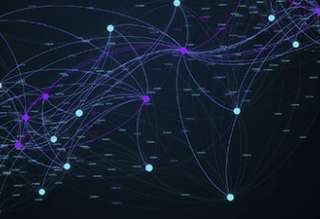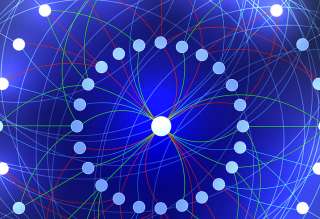SPS Feed
Top Reasons to Join SPS Today!
1. IEEE Signal Processing Magazine
2. Signal Processing Digital Library*
3. Inside Signal Processing Newsletter
4. SPS Resource Center
5. Career advancement & recognition
6. Discounts on conferences and publications
7. Professional networking
8. Communities for students, young professionals, and women
9. Volunteer opportunities
10. Coming soon! PDH/CEU credits
Click here to learn more.
The Latest News, Articles, and Events in Signal Processing
Date: September 28, 2022
Chapter: Canadian Atlantic Chapter
Chapter Chair: Christopher J. Whitt
Title: What i wish i knew when i was an entry level engineer
Date: October 10, 2022
Time: 9:00 AM ET (New York Time)
Title: Media Forensics and DeepFakes: An Overview
Registration | Full webinar details
This past May marked the beginning of our return to face-to-face events after almost three years of pandemic-forced virtual-only interactions. The first attempt was the 2022 ICASSP! Planning for large international events in the era of postpandemic uncertainty is not an easy undertaking. Of course, signal processing is all about dealing with uncertainty—and who would be better at planning than IEEE Signal Processing Society (SPS) people?
Designing a perfect filter (i.e., flat passband, sharp transition band, and highly suppressed stopband) is always the goal of digital signal processing practitioners. This goal is reachable if we make no consideration of implementation complexity. In other words, the challenge of designing a high-performance filter is to leverage the distortion tradeoff in the passband, transition band, and stopband.
Fourier theory is the backbone of signal processing (SP) and communication engineering. It has been widely used in almost all branches of science and engineering in numerous applications since its inception. However, Fourier representations such as Fourier series (FS) and Fourier transform (FT) may not exist for some signals that fail to fulfill a predefined set of Dirichlet conditions (DCs).
In separate projects, research teams based in Spain and Germany are using signal processing to help develop new ways of creating distortion-free brain imaging and detecting deceptively fake photographic images.
This article discusses the contradiction between the exploding energy demand of artificial intelligence (AI) and the information and communication (ICT) industry as a whole and the parallel strong request for energy sobriety imposed by the need to mitigate the impact of climate change and the anticipated collapse of civilization as we know it.
As humans, we cannot be indifferent to the increasing number of dramatic events taking place in the world: fires, tornadoes, floods, and - recently - the collapse of a huge block of the Marmolada glacier in the Italian Alps. All are clear evidence to the global warming of the Earth.
Date: September 6, 2022
Time: 10:00 AM ET (New York Time)
Presenter: Dr. Nguyen Truong
Title: Decentralized Personal Data Management: A Blockchain-Based Solution
Registration | Full webinar details
Pages
SPS Social Media
- IEEE SPS Facebook Page https://www.facebook.com/ieeeSPS
- IEEE SPS X Page https://x.com/IEEEsps
- IEEE SPS Instagram Page https://www.instagram.com/ieeesps/?hl=en
- IEEE SPS LinkedIn Page https://www.linkedin.com/company/ieeesps/
- IEEE SPS YouTube Channel https://www.youtube.com/ieeeSPS



















